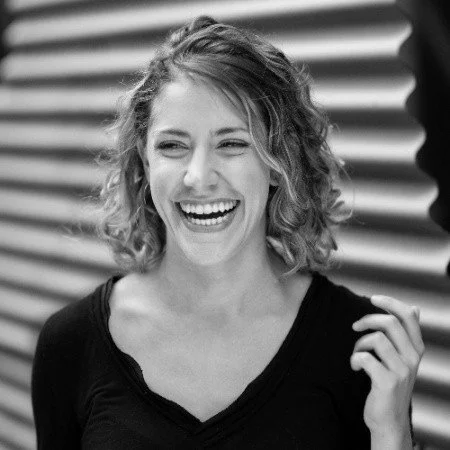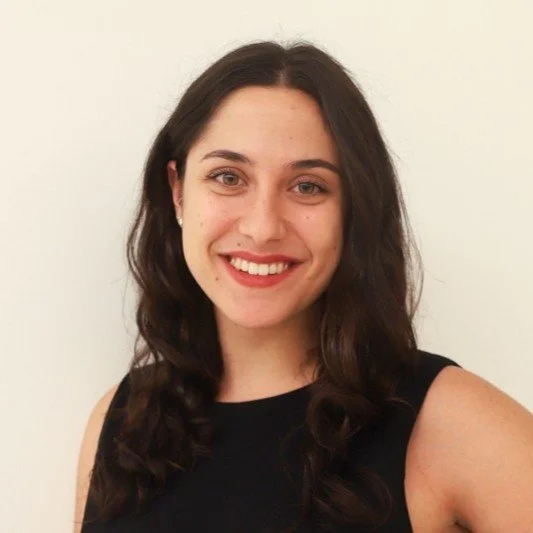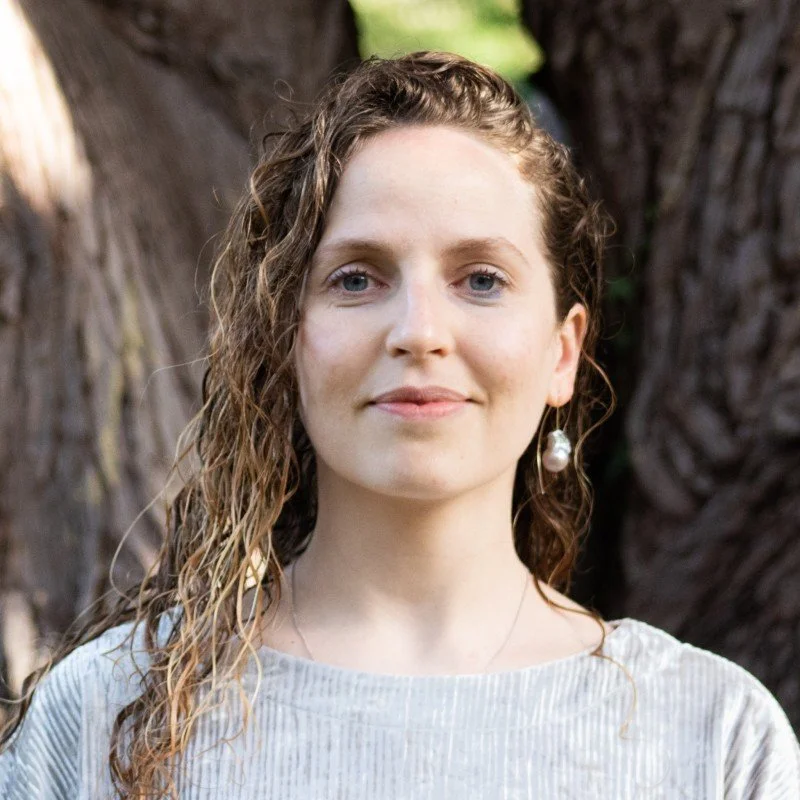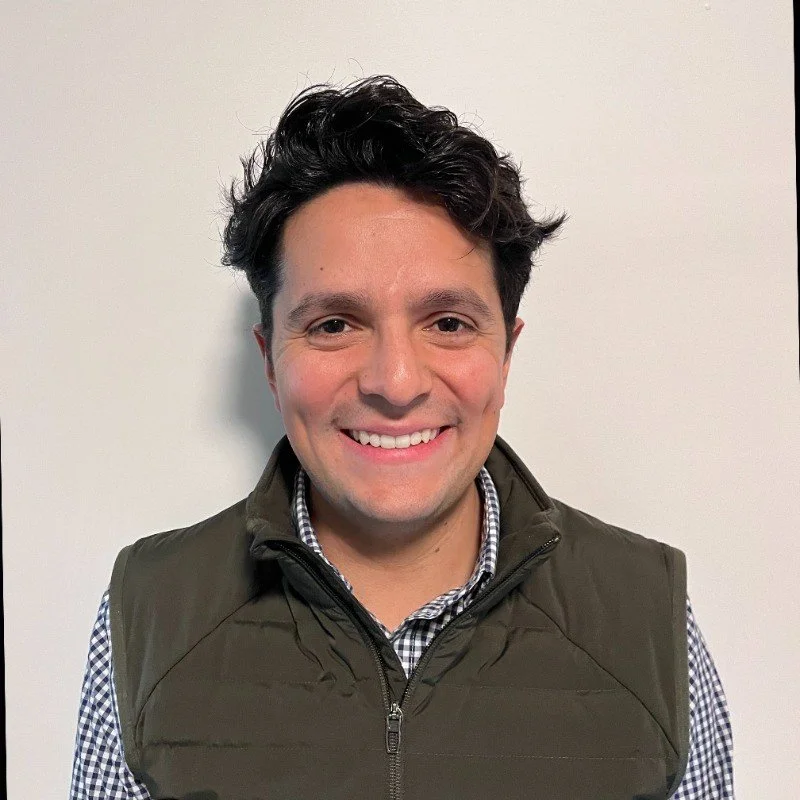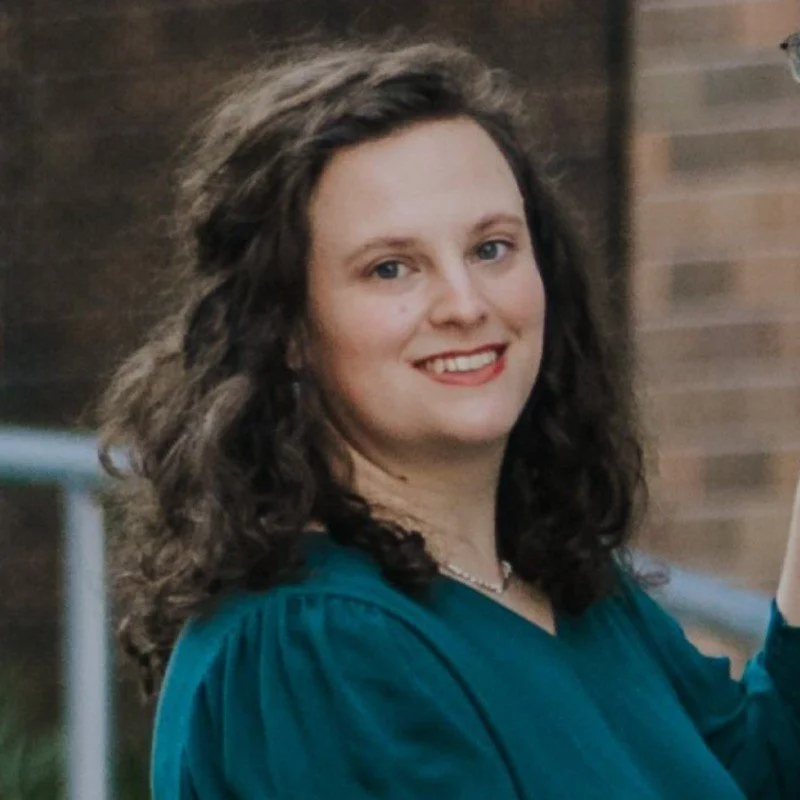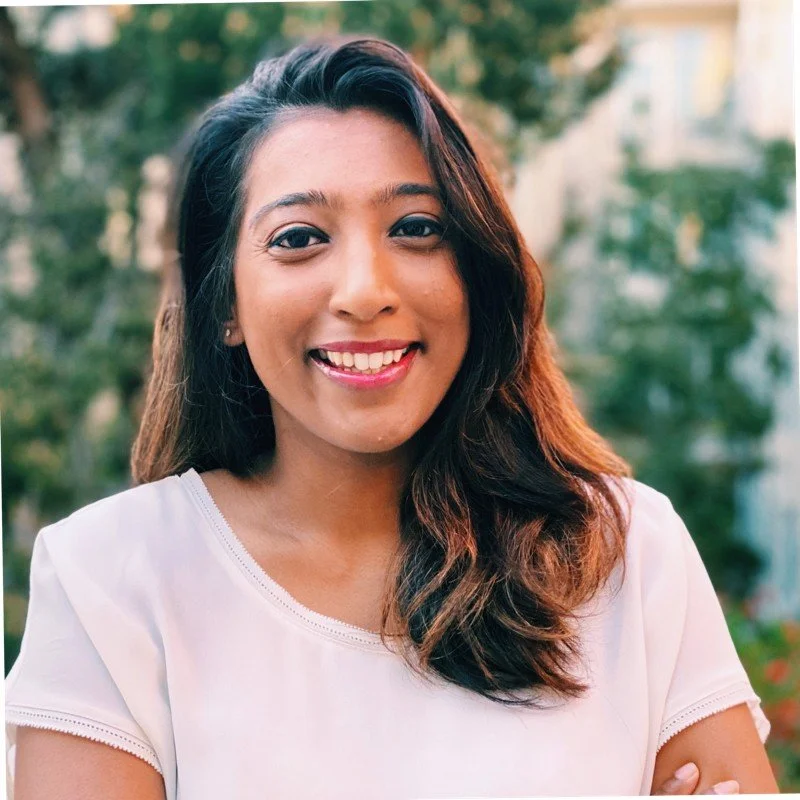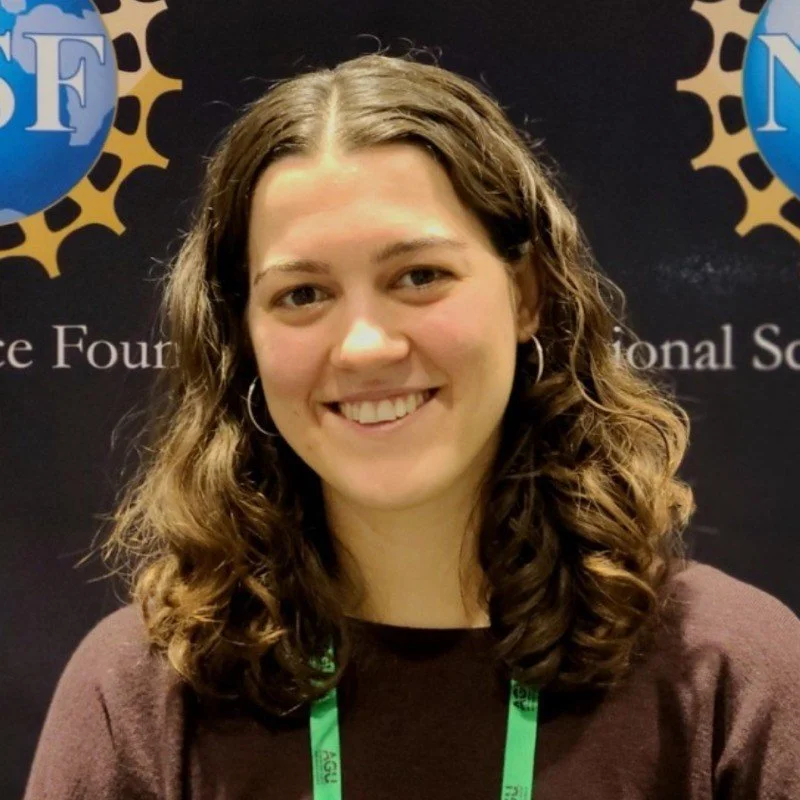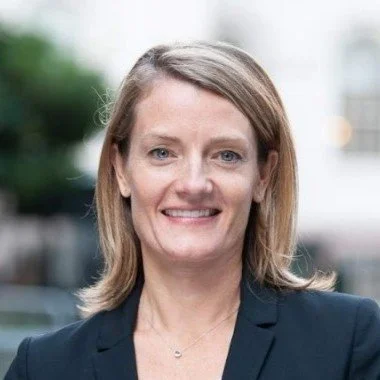Projects
Work in Progress
The Pilot Pitchfest matches city agencies to local expertise. In 2025, 23 agencies pitched 50 projects to an audience of over 1,000. After the event, Pitchfest solicits interest from attendees and “matches” them to agencies. Many of this year’s projects are already up and running!
Matched Academic Researchers
More than 250 researchers from 22 local institutions indicated interest in partnering with city agencies for this year’s projects. Ultimately 24 matches were made, 2 of which received a total of $80k in direct funding from Pitchfest for initial 6-month projects:
Evaluating The Effects of Open Streets on Student Health and Education in New York City
The Context:
Despite increased recognition about the importance of physical activity for health and wellbeing in the short and long term, many children and youth in NYC fail to get recommended amounts of exercise. A major reason is that many neighborhoods lack safe, car-free public spaces for active recreation. Indeed, streets around schools are some of the most perilous places in NYC, with higher rates of vehicular accidents than their surrounding neighborhoods. To combat these concerns, DOT created the Open Streets Schools program during the COVID-19 pandemic, as part of a broader effort to pedestrianize public spaces, which are especially scarce in disadvantaged neighborhoods. The initiative was made permanent by the City Council in 2021, and the program’s regulations were codified in 2024.
Nevertheless, the program lacks capital investment and the maintenance and operations budget necessary for DOT to systematically expand the program. Less than 4 percent of the city’s 1,900 public schools currently participate. The impact of the program on student health and wellbeing has not been studied, and research is needed to provide evidence for the necessary budgetary investments.
The Project:
Car-centric urban design and an uneven distribution of public green spaces limit opportunities for exercise and recreation for children and youth, with damaging consequences for health and wellbeing. One targeted way to promote physical activity is to close streets around schools to vehicular traffic during school hours. In this project, Dr. Michael Cassidy will use a quasi-experimental difference-in-differences design to measure the causal effects of one such initiative, DOT’s Open Streets Schools program, which began in 2020 and now covers over 70 schools citywide.
Dr. Cassidy will link DOT data with individual-level student records from NYC Public Schools and the NYC Department of Health and Mental Hygiene. The project design will exploit the staggered roll-out of Open Streets to different schools over time, which creates credible counterfactuals for how student outcomes would have evolved in the absence of the program. The primary outcomes will be physical fitness (FITNESSGRAM measurements), visits to the school nurse, and Medicaid claims for chronic physical diseases (e.g., asthma) and mental health (e.g., anxiety and depression). Dr. Cassidy will also look at educational outcomes, including attendance, test scores, school stability, and student discipline.
After cleaning and linking the data, Dr. Cassidy will produce descriptive findings, which will be presented to agency leadership.
Expected Impacts:
While Open Streets Schools has been popular and has been made permanent, the program is still new and lacks sufficient funding to expand. Currently, most of the effort required to create and sustain open streets falls on the schools themselves. Candidate schools must develop detailed site and management plans and navigate community politics. Once approved, schools must staff and manage street closures, including traffic control devices, programming, and supervision—mostly at their own expense, with some limited support from DOT. In practice, responsibility often falls to exceptionally motivated staff or well-resourced PTAs. In 2025, 70 schools participated—which means that less than one in 20 students citywide has access to the potential benefits of Open Streets.
For the program to reach its potential, DOT believes a more active role for its Public Realm team is necessary. Centralized support for planning, design, outfitting, and staffing open streets will put the program within reach of under-resourced schools and increase the likelihood of successful implementation. However, at a time of budget uncertainty, it is difficult to justify the required investments without rigorous evidence about the program’s effectiveness.
Principal Investigator: Icahn School of Medicine at Mount Sinai
Michael Cassidy, PhD, Assistant Professor of Pediatrics and Population Health Sciences and Policy
Collaborator: New York City Department of Transportation (NYC DOT)
Josef Szende, Mobility Studies Lead
Mitigating Algal Growth Impacts on Drinking Water Production at the Croton Filtration Plant
The Context:
In 1842, the Croton watershed supplied 100% of NYC’s drinking water and fire suppression water. In 1927, the Catskill and Delaware systems went online to meet the demand of the growing city. Today, NYC’s water system provides an average of 1.1 billion gallons per day of safe, high quality, affordable drinking water and fire suppression water to over 9 million residents and 68 million annual visitors.
To meet mandated regulations in May 2015, the newly constructed Croton Filtration Plant (CFP) began treating raw water from the New Croton Reservoir that receives its water from 12 interconnected reservoirs. CFP must be fully available for production of water for drinking and fire suppression when the Catskill aqueduct or Delaware aqueduct are not in operation.
Sometime in the next several years, the Delaware aqueduct will be shut down for repair for approximately eight months, during which time maximum production of water for drinking and fire suppression at CFP is critical and mandated by the NYSDOH and USEPA. However, the CFP filtration process has been adversely impacted by annual growth of diatom algae in the reservoirs from February through May. Growth of these algae decreases drinking water production, causes maintenance efficiency issues and more frequent filter backwashing, and increases operational costs for an additional coagulant. Mitigating this problem requires clear understanding of the triggers and spatial/temporal patterns of these recurrent growths.
The Project:
Dr. Andrew Juhl will work with DEP staff to investigate the causes and define strategies to avoid the impacts of these spring algal growths on drinking water production. CFP has clearly identified the problematic algae as diatoms. For the first 4 months of the project (prior to the diatom growth in the reservoirs), historical data will be provided by DEP for review and analysis by Dr. Juhl. These data include limnology surveys, continuous monitoring data from the New Croton Reservoir, and seasonal treatment data from CFP. In addition to summarizing existing DEP data from the Croton watershed, literature research will be necessary to find relevant existing studies on causes, impacts and controls of algal growth in drinking water reservoirs.
The second phase will occur in early spring of 2026 coinciding with diatom growth in the Croton watershed, allowing experimentation and novel data collection when the diatoms are present. Specifically, sampling will be conducted to determine the susceptibility of the diatoms to early spring copper sulfate application in a reservoir, conducting nutrient bioassays to determine the level of nutrient limitation of algal growth, and identifying the growth-limiting nutrient(s). Both phases of the project will inform the best available management practices to mitigate diatom algal growth impacts on water production (copper sulfate applications, decreasing nutrient pollution sources, and/or reservoir balancing to impound or dilute diatom growth).
Expected Impacts:
Sometime in the next several years, the Delaware aqueduct providing NYC with up to 50% of its daily water supply will be offline for repair for approximately eight months. This infrastructure repair project was launched in 2010 to repair several leaks and is expected to cost $2 billion, and delaying the repair will exponentially increase the cost. During this repair period, CFP must be able to produce its maximum volume of 290 million gallons per day. During operational testing in spring of 2025, CFP struggled to produce the required volume due to the high abundance of diatom algae in the Croton raw water supply. Therefore, understanding the cause of these early spring diatom algae growths is necessary to ensure that safe, high quality, affordable water for drinking and fire suppression is produced at maximum volume at CFP.
Based on the findings of this project, DEP will be able to implement several mitigation options and evaluate which strategy would be most successful to ensure the Delaware aqueduct repair proceeds as planned and that customer demand for treated water is met during the repair as mandated by public drinking water regulators.
Principal Investigator: Columbia University
Dr. Andrew Juhl, PhD, Lamont Research Professor
Collaborator: New York City Department of Environmental Protection (NYC DEP)
Michelle Rissolo, Quality Assurance Auditor
Matched Technical Assistants
More than 120 volunteers indicated interest in partnering with agencies through our UrbanCorps program, which lets New Yorkers with technical skills donate their time to the city. Ultimately 15 matches between volunteers and agencies were made.
Interactive Emissions Planning Tool
Mike is partnering with NYCHA to develop an emissions reduction planning tool, which NYCHA staff can use to forecast the emission impacts of upcoming capital investments and inform agency-wide decarbonization strategy.
Mike Hsu
matched with NYC Housing Authority
Emergency Operations AI Support
Julian is partnering with NYCEM to pilot an AI application and identify features that can be leveraged during interagency meetings for notetaking, reducing the burden of manual notetaking and freeing up time for higher-value tasks.
Julian Khalifa
matched with NYC Emergency Management
Human-Centered Design Approach
Sarah is partnering with DYCD to support the research and design phase of the discoverDYCD application to simplify how parents, youth, and community members search for, evaluate, and apply to DYCD programs.
Sarah LeQuire
matched with Department of Youth and Community Development
Improved Contract Management
Missy is partnering with ACS to document current contract management and case practice processes so that she can identify strategies to more effectively integrate the work of different teams and improve service delivery.
Missy Quick
matched with Administration for Children’s Services
Vehicle Emissions Measurement
Georgi is partnering with OMB to develop a computer vision model that leverages traffic camera data to estimate vehicle usage, offering insights into vehicle emissions that could inform the agency’s future funding priorities.
Georgi Georgiev
matched with Office of Management and Budget
Arts Programming for Older Adults
Isabelle is partnering with Aging to design an expanded arts-based resource guide to be made available to the agency’s older adult centers and retirement communities, based on participant needs identified through focus groups and surveys.
Isabelle De Brabanter
matched with Department for the Aging
Compelling Visual Communication
Valérie is partnering with MOCEJ to develop well-tested visual communication assets that effectively translate climate science findings into accessible formats for public consumption and education about climate change.
Valérie Lechêne
matched with Office of Climate and Environmental Justice
Post-Disaster Recovery Support
Emiliano is partnering with NYCEM to integrate existing nonprofit labor into the post-disaster housing recovery systems and processes in order to meet the city’s increasing recovery needs with its limited resources.
Emiliano Segura
matched with NYC Emergency Management
VR Training for Crisis Responses
Melissa is partnering with OCMH to create a detailed storyboard for a trauma-informed virtual reality (VR) training module to support de-escalation during mental health crises within the city’s community shelters.
Melissa Major
matched with Office of Community Mental Health
Mapping of Products with Lead
Kiran is partnering with DOHMH to develop a publicly accessible and multijurisdictional visualization platform that maps incidents of lead-containing consumer products across the U.S., in order to prompt action in their countries of origin.
Kiran Suryadevara
matched with Department of Health and Mental Hygiene
Flood Protection Knowledge Gaps
Catherine is partnering with NYCEM to survey property owners and then propose a toolkit to address their knowledge gaps related to flood risk, mitigation, and protection, preparing New Yorkers for future weather events.
Catherine Prunella
matched with NYC Emergency Management
Safer Vehicle Pick-Ups & Drop-Offs
Manasvi and Neysa are partnering with TLC to design a location-specific pilot that optimizes pick-up and drop-off locations for for-hire vehicles, which is meant to improve safety while still considering rider experience and efficiency.
Manasvi Menon & Neysa Pranger
matched with Taxi & Limousine Commission
Food Pantry Usage Assessment
Anakaren, Brittney, Emily, and Giulia are partnering with DSS to conduct surveys with the city’s food pantry users in order to understand the recently elevated demand and inform future programmatic priorities for the agency and its non-profit partners.
Anakaren, Brittney, Emily, & Giulia
matched with Department of Social Services
Digitized Disposal Voucher System
Conor is partnering with DSNY to define a new digitized disposal voucher system, replacing the outdated paper-based system that currently requires printing, stamping, signing, and physical exchange of 34K vouchers each year.
Conor Riffle
matched with Department of Sanitation
Water Main Break Prediction
Mark is partnering with DEP to propose and create new training features for a machine learning model that predicts future water main breaks in the city so that they can be avoided through proactive, preventative maintenance.
Mark Bauer
matched with Department of Environmental Protection






